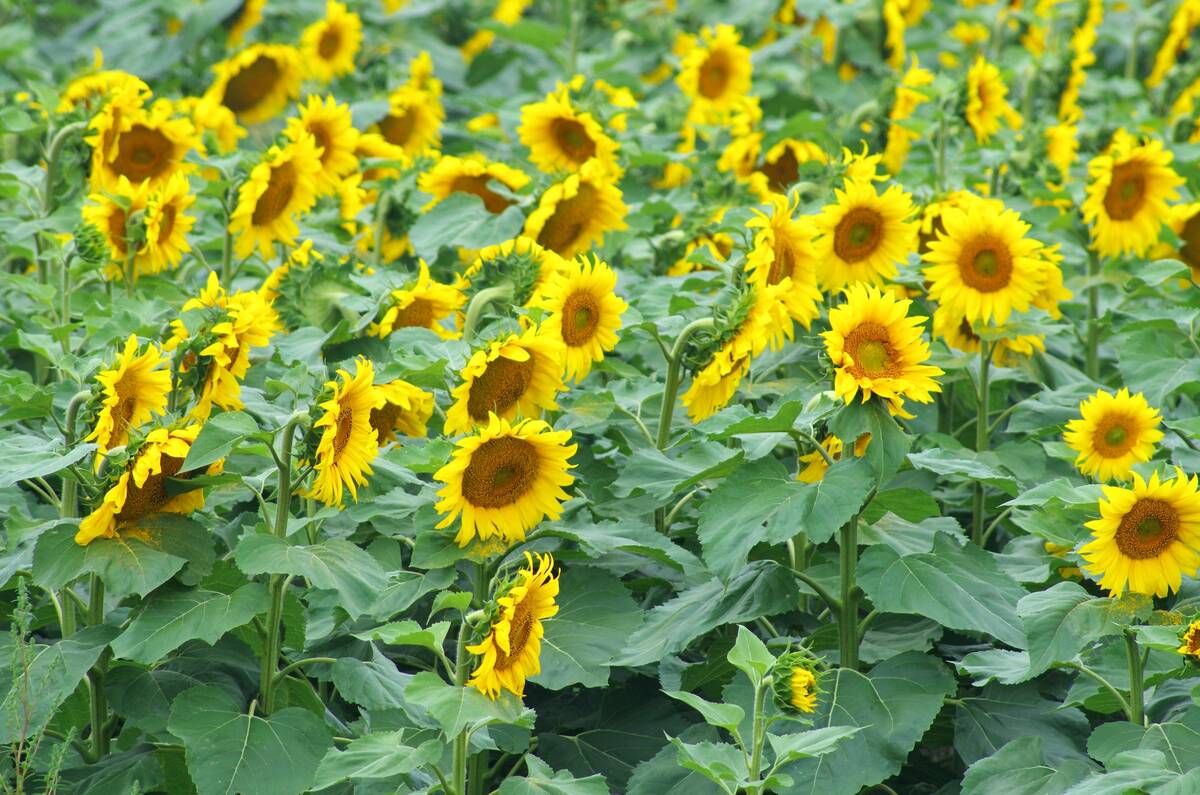MOOSE JAW, Sask. – Saskatchewan cattle producers want access to carcass
information from their animals’ national identification tags.
They’re willing to pay a “reasonable” cost, and they want the Canadian
Cattle Identification Agency to make this possible.
Saskatchewan Stock Growers Association president Marilyn Jahnke said
the resolution that passed at the organization’s annual meeting last
week does not supersede one passed at the semi-annual meeting in
January.
That resolution said the tags should be used only to trace back animals
Read Also

Bird repellent gets emergency approval for sunflowers
Bird repellent gets emergency approval for sunflowers
for health and safety reasons.
Some argued it was still too soon after the program was implemented for
the tags to be used for anything other than health traceback.
“The security of the producer was promised to them,” said Heather
Beierbach of Maple Creek.
Charlie Gracey, a conference speaker who helped set up the ID program,
said a lot of producers have said they would like to get grade
information.
“This merely says that it should be allowed,” he noted, referring to
the second resolution suggesting access to more information through tag
numbers.
Calvin Knoss of Rockglen said producers will likely find lots of uses
for the tags. As well, giving produces access to carcass data might
increase the number of tagged cattle.
“I think we need to quit arguing about some of this and get the cattle
tagged,” he said.
Producers in Ontario and Alberta have agreed that the tag numbers
should be available to help locate owners of stray animals.
Jahnke said Saskatchewan is still not ready to go that far. However,
allowing producers to get carcass data from their own animals is
different.
“We promised people that it would only be used for disease. I think we
should stick to that promise.”
Producers also passed resolutions urging the province to implement a
program that would amortize the cost of hooking up power, establish an
ethanol industry with eight 20-million-litre ethanol plants combined
with feedlots, and remove the provincial sales tax from all
non-personal consumption items.
They want land to be assessed the way it was before 1997 when market
values were introduced. They also want the Canadian Cattlemen’s
Association to look into increasing the national checkoff by $1 to fund
more ways to market beef.

















